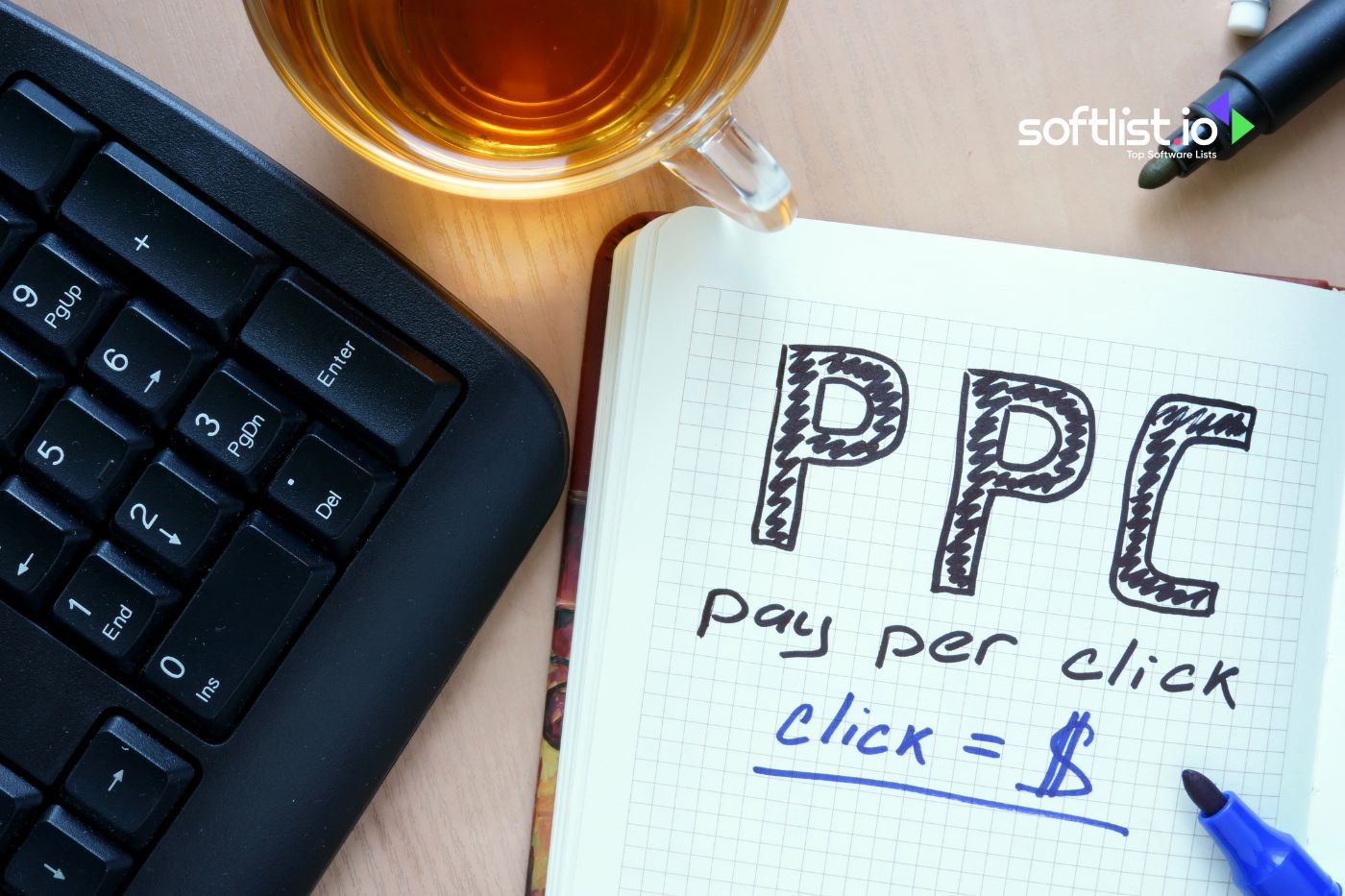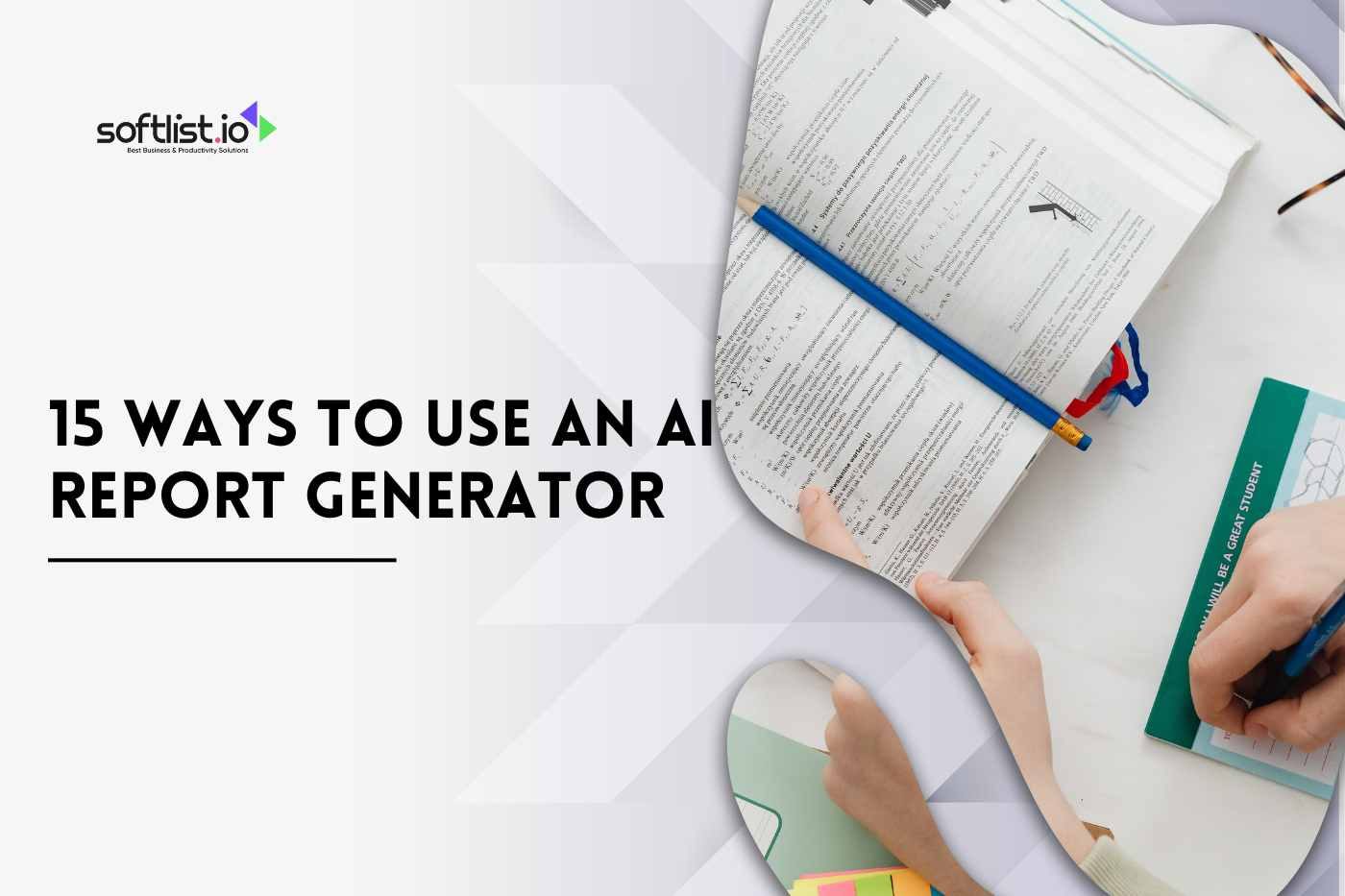Pay-Per-Click (PPC) marketing management skills are very important for businesses in today’s online world. It is an integral part of digital marketing plans for all companies. Pay-per-click (PPC) advertising costs money whenever someone clicks on an ad. PPC aims to drive traffic, boost sales, and enhance brand visibility effectively and efficiently.
However, mastering PPC marketing requires a thorough understanding of its workings and the ability to devise strategies that align with business objectives. This guide aims to give you ideas and tips for managing your PPC campaigns well.
This guide will teach you everything you need to know to be successful in PPC management, whether you are new to digital marketing or want to improve your current PPC ad campaigns.
Fundamentals of PPC Campaign Management

Source: Canva Pro
Understanding PPC Campaigns
PPC is essentially about purchasing site visits, contrasting with earning visits organically. It’s a crucial part of the digital marketing mix, enabling advertisers to bid for ad placement in a search engine’s sponsored links section.
Search ads may appear at the top of search engine results if they match certain buzzwords related to the business. This model is attractive due to its direct control over product or service visibility and potential for immediate traffic and conversion results.
Critical Components of a PPC Campaign
Successful PPC marketing depends on several key components:
- Ad Groups: These groups contain your ads, keywords, and landing pages, organized around common themes for easier management and optimization.
- Keywords: The core of PPC; choosing the right keywords ensures your ad reaches the right audience at the right time. Keyword research involves balancing broad and specific terms.
- Ad Copy: This creative aspect conveys your message to the audience. Effective ad copy should be compelling and clear and include a solid call to action (CTA).
- Landing Pages: The destination for users after clicking your ad. These pages must be highly relevant to the ad copy and optimized to convert visitors into leads or customers.
Importance of a Well-Structured Account
A well-organized PPC account is crucial for campaign effectiveness. Proper organization leads to simpler management, streamlined optimization, and improved performance tracking.
A structured account allows for more focused campaigns that can be easily adjusted based on performance data. This also helps attain a higher Quality Score, potentially leading to lower cost-per-click (CPC) and improved ad positions.
Setting Up Your PPC Campaign for Success

Source: Canva Pro
Goal Setting and Strategy Development
The foundation of a strong PPC campaign is establishing clear, measurable goals. Whether your focus is on ramping up website traffic, lead generation, sales boost, or elevating brand recognition, these goals must be SMART: Specific, Measurable, Achievable, Relevant, and Time-bound. Crafting a strategy that matches these goals involves:
- Deeply understanding your audience
- Selecting optimal keywords
- Determining a budget and bid strategy to steer your PPC efforts effectively
Selecting the Right Platforms
Choosing the appropriate platform is critical for your PPC campaign’s success. Popular choices include Google Ads, Bing Ads, and Facebook Ads, each offering distinct benefits:
- Google Ads: The most extensive PPC platform, ideal for a broad audience reach via Google’s Search and Display Networks.
- Bing Ads: Provides access to a unique segment of users who prefer Bing, often with more affordable cost-per-click rates.
- Facebook Ads: Excellent for highly specific campaigns targeting detailed demographics and psychographics, effective in boosting brand engagement.
The right platform choice hinges on where your target audience is most active and the type of interaction you seek.
Keyword Research and Selection
Keyword research and selection are pivotal in PPC campaign success. This process involves pinpointing the phrases your audience uses in their online searches related to your products or services.
Utilizing long-tail keywords, which are specific and usually less competitive, can enhance both cost efficiency and conversion rates. Tools like Google’s Keyword Planner, SEMrush, or Ahrefs can provide valuable insights into keyword relevance, search volume, and competition.
Crafting Compelling Ads and Landing Pages

Source: Canva Pro
Writing Effective Ad Copy
The ad copy serves as your direct line of communication with potential customers. Compelling ad copy highlights your offering’s benefits, creates urgency, and includes a clear call to action (CTA).
The most resonant ad copies align with the audience’s needs and motivations, prompting them to click and explore further. Experimenting with various headlines, descriptions, and CTAs helps pinpoint the most effective approach for your campaign.
Designing High-Converting Landing Pages
The landing page is where the magic of your PPC campaign happens. Characteristics of high-converting landing pages include:
- Message Consistency: Ensure your landing page message reflects the promises made in your ad copy.
- Clear Layout: Employ a straightforward design with well-organized information, making it easy for visitors to grasp your value proposition.
- Compelling CTAs: Include a prominent, persuasive call to action that guides visitors towards the next step, whether a sign-up, purchase, or download.
- Optimized User Experience: Prioritize fast load times, mobile-friendly design, and simple navigation to keep potential customers engaged.
Combining compelling ad copy with an effectively designed landing page can significantly enhance your PPC campaigns, leading to higher conversion rates and successfully attaining your marketing goals. Managing your PPC campaigns with these principles in mind and keeping an eye on paid search and SEO ensures you cover all bases in search engine marketing.
Remember, while PPC advertising on platforms like social media can boost visibility, managing ad spending wisely and following these best practices are crucial to achieving the desired impact of your marketing efforts.
Budgeting and Bidding Strategies

Source: Canva Pro
Understanding Different Bidding Strategies
In PPC advertising, choosing an effective bidding strategy is essential. You have several options:
- Cost Per Click (CPC): Pay for each click on your ads, which is ideal for driving website traffic.
- Cost Per Mille (CPM): Pay per 1,000 ad impressions, best suited for boosting brand awareness.
- Cost Per Acquisition (CPA): Pay when conversions occur, like sales or sign-ups, for campaigns with clear conversion objectives.
Your choice of bidding strategy should align with your campaign goals, available budget, and the competitiveness of your targeted keywords. It’s essential to adjust your bids for optimal ROI continually.
Budget Allocation and Management
Effective budget management is critical in PPC. Allocate your budget, focusing on each campaign’s performance and strategic value. Consider historical data, seasonal trends, and your competitive environment.
Flexibility is key; adjust your budget distribution based on real-time campaign performance. Automated rules and alerts can help manage your budget effectively and avoid overspending.
Monitoring, Analyzing, and Optimizing Campaigns
Key Metrics and KPIs to Track
KPIs (Key Performance Indicators) are important to monitor to see how well your pay-per-click (PPC) ads are doing. Essential KPIs include:
- Click-Through Rate (CTR): The ratio of ad clicks to impressions. A high CTR suggests your ads are relevant and engaging.
- Conversion Rate: Measures how often clicks result in a conversion, reflecting your ad and landing page effectiveness.
- Quality Score: In Google Ads, this metric influences your CPC and ad rank based on keyword, ad, and landing page relevance.
- Cost Per Conversion: Evaluate how cost-effectively your campaign meets its goals.
Using Analytics for Insightful Reporting
Utilize analytics tools for in-depth data analysis and report generation, offering insights into your campaign’s performance. Integrating Google Analytics with your PPC platform can provide valuable information on user behavior and conversion paths. Regular analysis helps pinpoint what’s working and what needs adjustment.
Continuous Optimization Techniques
PPC management is an ongoing cycle of testing, analysis, and refinement.
Apply continuous optimization strategies like:
- A/B Testing: To find out what works best for your community, try different forms of your ads, such as other names for the ads and calls to action.
- Keyword Refinement: Review and tweak your keyword list to focus on high-performing keywords and drop ineffective ones.
- Ad Rotation: Regularly rotate ads to avoid ad fatigue and assess different messages for impact.
By optimizing based on data-driven insights, you ensure your PPC efforts are practical, efficient, and finely tuned to your marketing goals. This maximizes the impact and ROI of your digital advertising endeavors.
Keeping up with PPC news and best practices can help you learn what PPC is all about and how to improve your ads, which will help you stay on top of search engine results. Remember, managing your PPC campaigns isn’t just about setting them up; it’s about ongoing adjustment and improvement.
Advanced PPC Campaign Management Strategies
Exploring Remarketing and Audience Targeting
Remarketing and precise audience targeting are pivotal strategies in boosting the ROI of your PPC campaigns. Remarketing focuses on showing ads to users who’ve visited your website but haven’t made a purchase or engaged as desired.
Tailoring messages and offers to this group can significantly uplift conversion rates and foster customer loyalty. Moreover, leveraging audience targeting based on demographics, interests, and behaviors ensures your ads reach those more likely to engage, enhancing the efficiency and cost-effectiveness of your campaigns.
Leveraging Automation and AI
Automation and artificial intelligence (AI) are revolutionizing how we approach PPC campaign management. Automation tools streamline repetitive tasks like bid adjustments and ad scheduling, allowing you to concentrate on strategy and creativity.
AI can predict user behavior, fine-tune bids in real-time, and personalize ads, leading to enhanced performance, reduced costs, and more insightful campaign analytics.
Choosing the Right PPC Campaign Management Tools
The effectiveness of your PPC campaigns is closely linked to the tools you use for management, analysis, and optimization. The market offers a variety of PPC management tools, each with distinct features.
Options like Google Ads Editor, SEMrush, AdEspresso by Hootsuite, and WordStream provide a range of functionalities, from keyword research and competitor analysis to automated campaign management and performance tracking. In choosing a tool, weigh factors like compatibility with your PPC platforms, campaign complexity, user-friendliness, and budget.
The ideal tool should streamline managing your PPC campaigns and offer valuable insights for enhancing your PPC strategies.
Final Thoughts
Proficiency in PPC campaign management is essential for digital marketing success. By implementing the strategies and tips from this guide, ranging from basic principles to more sophisticated techniques, marketers can refine their PPC strategies for impactful results.
Stay committed to ongoing learning and experimentation, adapting to changes in PPC platforms and user behavior. PPC is more than just generating clicks; it’s about converting them into meaningful actions aligning with your company’s objectives.
Your PPC campaigns can become potent catalysts for business growth and customer engagement with the appropriate strategies, tools, and mindset. Remember, using a PPC approach means adapting to different ad types, understanding the dynamics of when an ad appears, and navigating various PPC advertising platforms effectively.
Expand your marketing expertise with Softlist.io. Having explored PPC mastery, our ‘Digital Advertising‘ category offers additional insights and tools to elevate your online advertising game.
FAQs
What is the best way for beginners to start with PPC campaign management?
For those new to PPC, begin by grasping the essentials of pay-per-click advertising. Set specific goals and start on a smaller scale, focusing on a single PPC advertising platform. This method lets you learn about PPC marketing efforts and change your strategies as you do so.
How often should I review and adjust my PPC campaigns?
It’s essential to monitor your campaigns regularly, at least on a weekly basis. For campaigns with higher budgets or greater importance, consider more frequent reviews. Ongoing optimization is vital for sustaining performance.
Can I manage PPC campaigns on a small budget?
Yes, you can use a PPC approach effectively even if you don’t have much money. Choose specific keywords, improve your Quality Score, and use intelligent bidding tactics. If you follow these steps, you can get the most out of every dollar you spend.
What are common mistakes to avoid in PPC campaign management?
Some mistakes to avoid include not utilizing negative keywords, underestimating the importance of the landing page experience, neglecting the use of ad extensions, and failing to conduct regular tests and optimizations.
How do I measure the success of my PPC campaigns?
The effectiveness of your PPC campaigns is measured against your pre-set goals. Key metrics to monitor include Click-Through Rate (CTR), Conversion Rate, Quality Score, and the overall Return on Investment (ROI).






